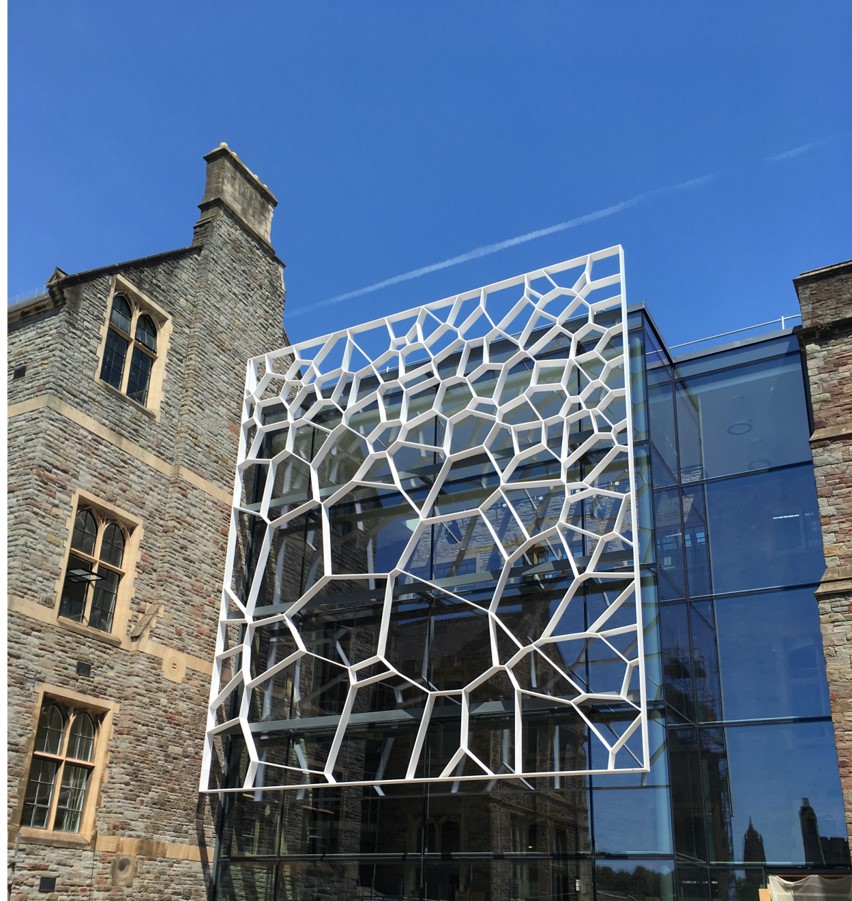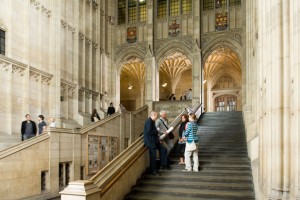This will be a talk for the Logic and Set Theory seminar at the University of Bristol, on 25 February, 2020.

Abstract: In contrast to the robust mutual interpretability phenomenon in set theory, Ali Enayat proved that bi-interpretation is absent: distinct theories extending ZF are never bi-interpretable and models of ZF are bi-interpretable only when they are isomorphic. Nevertheless, for natural weaker set theories, we prove, including Zermelo-Fraenkel set theory ZFC- without power set and Zermelo set theory Z, there are nontrivial instances of bi-interpretation. Specifically, there are well-founded models of ZFC- that are bi-interpretable, but not isomorphic—even $\langle H_{\omega_1},\in\rangle$ and $\langle H_{\omega_2},\in\rangle$ can be bi-interpretable—and there are distinct bi-interpretable theories extending ZFC-. Similarly, using a construction of Mathias, we prove that every model of ZF is bi-interpretable with a model of Zermelo set theory in which the replacement axiom fails. This is joint work with Alfredo Roque Freire.
Bi-interpretation in weak set theories
[bibtex key=”HamkinsFreire:Bi-interpretation-in-weak-set-theories”]


